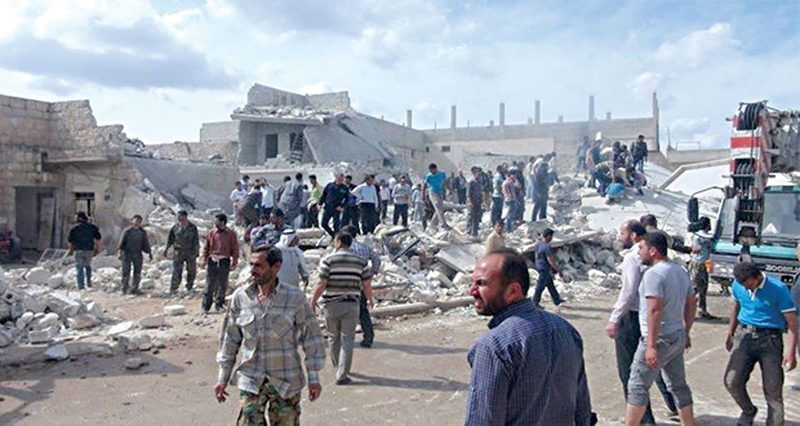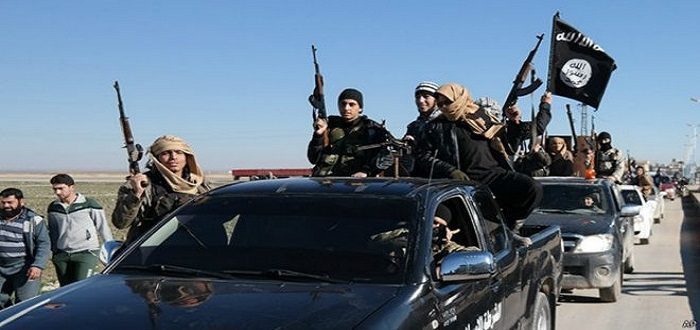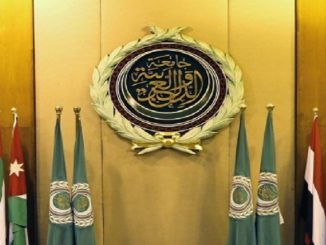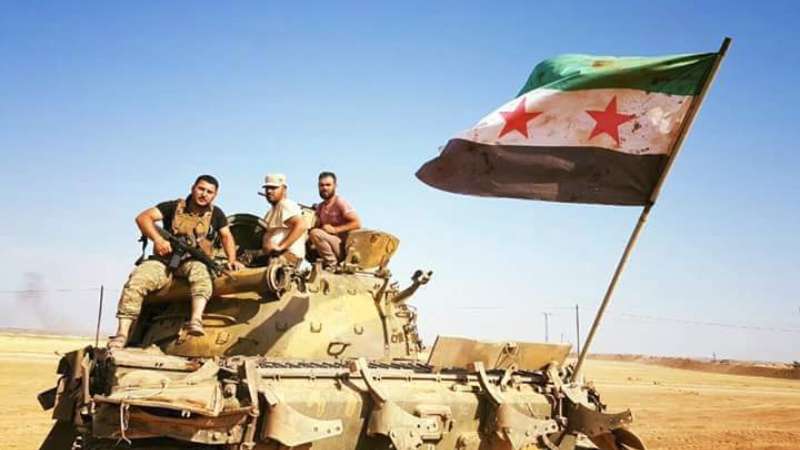
Since Friday it is obvious to everyone: Syrian rebels can not defend the northern pocket around the towns of Azaz and Marea by themselves.
Too strong and too determined are terrorists from the so-called “Islamic State”, too much strained are the moderate rebels that were pounded by Assad and Russia for months and then attacked by the Kurdish YPG from February until now.
As a consequence, up to 200.000 civilians are besieged around the two towns with nowhere to go as Turkey keeps its borders shut and only around 6.000 people dared to flee to YPG-held Afrin canton, an area many of them consider to be hostile.
The situation around Azaz and Marea resembles the drama around the border town of Kobane, which was besieged by ISIS between September and November 2014.
But many things were different then, regarding the international reaction to the looming massacre.
– Turkey opened its borders to more than 170.000 Syrian refugees, mostly Kurds
– The international coalition supported the besieged YPG fighters with hundreds of airstrikes and arms drops
– And even Iraqi Peshmerga were allowed to help their Kurdish friends, traveling via Turkey with heavy arms and ammunition to assist their desperate fellow fighters in the town.
This was only 18 months ago.
In May 2016, despite the same starting situation of hundreds of thousands under the threat of being slaughtered by ISIS, the international reaction is totally different. According to Turkey, the US air force performed 11 air strikes on the day, Marea was cut-off from its supply line to Turkey. The Turkish army also claims it fired more than 260 rockets and artillery shells to stop the ISIS advance. It helped little to nothing as the situation on the ground today proves. Also, despite calls by human rights organizations “Doctors without Borders” and “Amnesty International”, Turkey seems not willing or able to open its border to transfer tens of thousands of women and children to safety and away from the ISIS-attacked front.

The Turkish army also claims it fired more than 260 rockets and artillery shells to stop the ISIS advance. It helped little to nothing as the situation on the ground today proves. Also, despite calls by human rights organizations “Doctors without Borders” and “Amnesty International”, Turkey seems not willing or able to open its border to transfer tens of thousands of women and children to safety and away from the ISIS-attacked front.
According to several reports, 16 civilians were killed by ISIS shelling on Friday in northern Syria and one more in Turkey’s Kilis close to the border. ISIS also claimed to have killed 33 “apostates”, while an activist in Azaz told me, those were rebel fighters, being executed TOGETHER WITH THEIR FAMILIES on the main squares of the two captured towns of Jibrin and Kafr Kalbin. So there definitely is the chance of epic massacres among civilians and rebel fighters as soon as ISIS captures the now-besieged town of Marea or overruns the refugee camps around Azaz.
So there definitely is the chance of epic massacres among civilians and rebel fighters as soon as ISIS captures the now-besieged town of Marea or overruns the refugee camps around Azaz. The question remains: What is the difference between Kobane on the one hand and Azaz and Marea on the other hand that stops the world from uniting forces and acting on their behalf? After assessing the situation for some time, my sobering answer must be: Ethno-religiosity.
The question remains: What is the difference between Kobane on the one hand and Azaz and Marea on the other hand that stops the world from uniting forces and acting on their behalf? After assessing the situation for some time, my sobering answer must be: Ethno-religiosity.
While the international community seems concerned that ethnic and religious minorities in Syria and Iraq like Kurds, Yazidis, Alawites and especially Christians could become victims of the mostly Sunni extremists of the “Islamic State”, there is a factually lower willingness to protect Sunni Arabs, either from Assad’s bombs, Iranian-backed militias or the merciless fighters of the “Islamic State”.
It is hard to say why this is the case. While many politicians in the west say helping Sunni rebels against their enemies would “only deteriorate the situation” on the ground, I suspect another reason to be hidden behind political pretexts: “It’s your own fault!” The perverse logic today seems to be, “You (Sunni Arabs in Syria) wanted to topple Assad, you radicalized during the armed uprising and you make the majority of ISIS’ fighters in Syria, so it’s your fault you are in that situation today. Try to get out of it yourself.”
Of course, this reasoning ignores most of the complexity and actual development of the conflict in Syria and Iraq and will never be formulated publicly. However, it explains in my view most of the ignorance we have witnessed when it comes to solving the conflict in Syria over the last years. And it explains why Azaz and Marea are not another Kobane.
Without doubt there are tons of strategic and practical obstacles regarding the support of Syrian opposition forces in the collapsing Azaz-Marea pocket. However Kobane has shown that the world is able to turn the tide against ISIS in a desperate situation if it mobilizes its resources to unite behind one party on the ground – if it wants to.
So the willingness to help Sunni Arab rebels and civilians is absent in Azaz and Marea. The same willingness that was absent when mostly Sunni Arabs went to the streets peacefully in 2011 and were gunned down in their thousands, when 1500 innocents were gassed by Assad near Damascus in 2013 or when Russian planes targeted schools, grain silos and hospitals in their campaign since late 2015.
That willingness was not absent when Yazidis were threatened by ISIS in the Sinjar Mountains, when Kurds were under ISIS siege in Kobane or when mostly Shiite forces recaptured Ramadi and Palmyra from ISIS. In all of these cases, international actors like the US, Russia and even Turkey acted on behalf of the party opposing ISIS on the ground and pushed back the terrorists.
If the support for Syrian (Sunni) rebels won’t be increased around Azaz and Marea, ISIS will crush the resistance and civilians there and the (predominantly Kurdish) SDF will be the only western-backed opposition to the “Islamic State” terrorists in northern Syria. The way things are going, one can get the impression that this is exactly the goal.
Julian Röpcke is a newspaper editor and political commentator, based in the German capital, Berlin. With a degree in Political Geography and Sociology, Mr. Röpcke started analyzing geopolitical conflicts after the US-led invasion of Iraq in 2003. He covered the “Arab Spring” as well as the evolving conflicts in Syria and Ukraine from their very beginning. Julian Röpcke currently works for BILD, the largest newspaper and leading online news portal in Germany (@JulianRoepcke).



